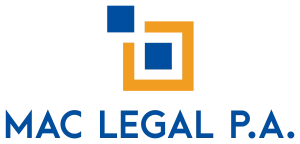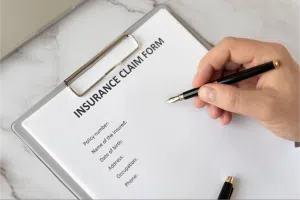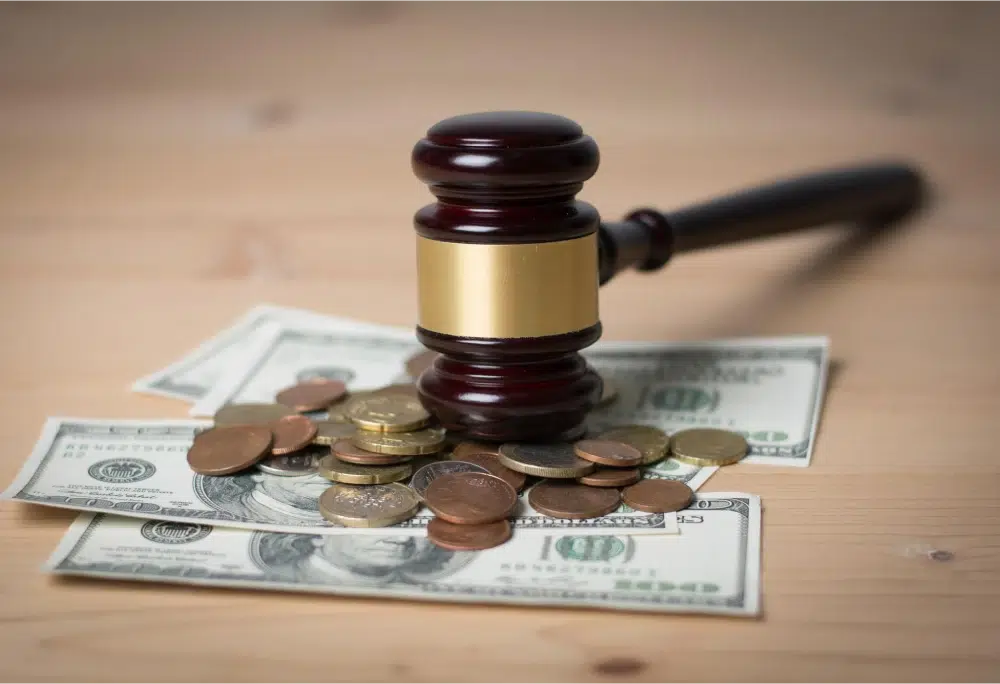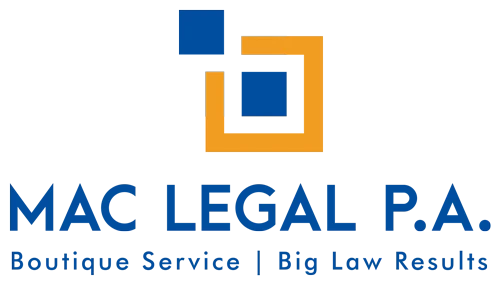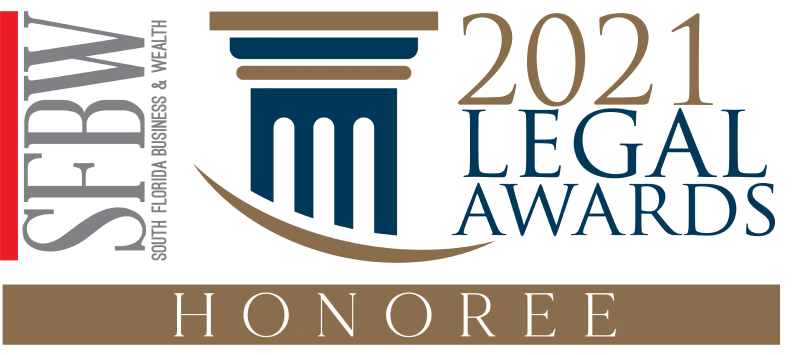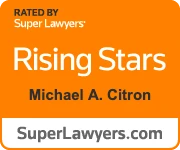In Florida, where the weather can go from bright and beautiful to stormy and volatile in the blink of an eye, property owners face challenges. From natural disasters like hurricanes to unexpected vandalism, the risk of property damage is always a concern.
Understanding liability and knowing the steps to protect your rights and seek compensation is crucial. This is where property damage liability coverage, an important part of homeowners’ insurance, plays a role. It can offer a safety net, covering damages during the uncertainties of owning property in Florida.
This article will explore the ins and outs of property damage liability in Florida, including what it is, common types of property damage claims—from natural disasters to acts of vandalism—and how to determine if you qualify for a claim. We will guide you through the eligibility criteria, the necessary steps to file a property damage claim, and the mistakes to avoid during the process.
Understanding Property Damage Liability in Florida
What is Property Damage Liability?
Property Damage Liability (PDL) is a type of insurance that helps pay for damages you cause to someone else’s property. For cars, this means it covers damage to another car or property if you cause an accident. For homes, it covers damage you might cause to a neighbor’s property, like if a tree in your yard falls and damages their house.
In Florida, if you own a car, the law requires you to have at least $10,000 in PDL coverage. This helps make sure you can pay for damages if you are responsible for an accident.

Why is Property Damage Liability Important?
Understanding PDL is important for everyone who drives or owns a home in Florida. It’s not just a legal requirement for car owners—it also protects you financially. If you cause an accident and the damage costs more than your insurance covers, you would have to pay the extra amount out of your own pocket. This could be very expensive.
For example, if you hit someone else’s car and the repairs cost $15,000 but your insurance only covers $10,000, you would have to pay the remaining $5,000 yourself. The same goes for homeowners; if something from your property damages a neighbor’s house, your PDL can help cover the repair costs.

Common Types of Property Damage Claims
In Florida, property owners face challenges that can lead to damage. Knowing the types of property damage claims can help you prepare for when incidents occur.
Natural Disasters
Florida’s climate makes it a hotspot for natural disasters such as hurricanes, floods, and tornadoes. These events often lead to extensive property damage. Homeowners are advised to review insurance policies as standard ones may not cover all natural disaster-related damages, especially floods and earthquakes. Documentation of damage and communication with insurance providers are very important for claims.
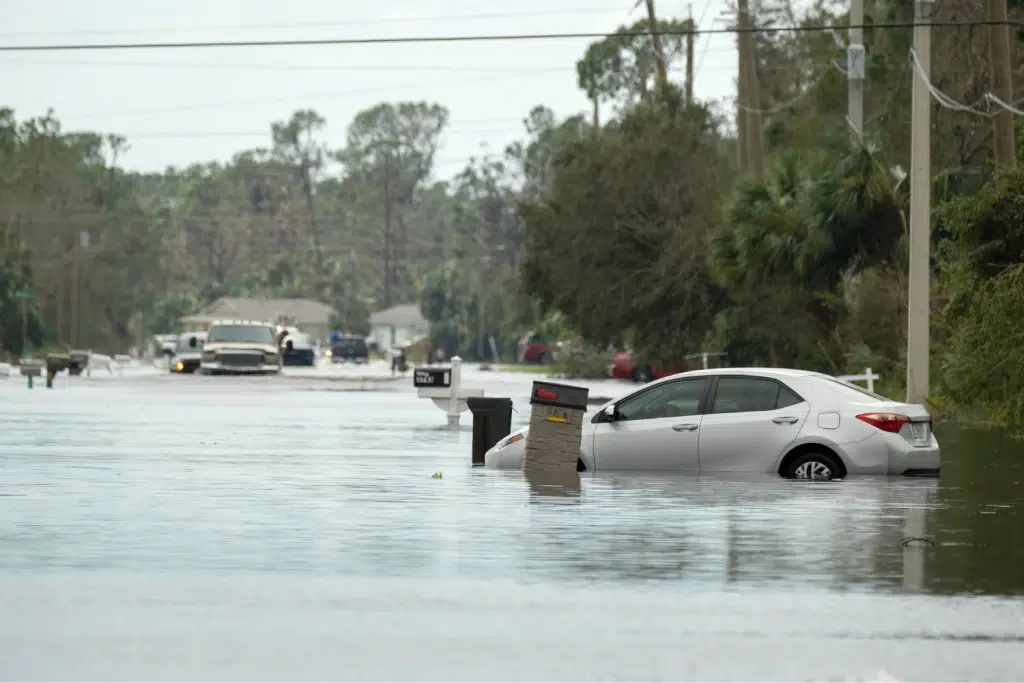
Fire Damage
Fire damage is a significant concern in Florida, stemming from events such as electrical faults and natural disasters. Determining the liability is essential, as it affects who covers the damages. Property owners should document damages and report them immediately to their insurance for a smooth claim process. Knowing the specifics of fire safety regulations, such as the Florida Fire Prevention Code, can also play a role in the claims process.

Water and Mold Damage
Water damage in Florida can happen from bursting pipes, roof leaks, or natural disasters. Mold often follows water damage and can lead to additional claims. Homeowners should document the damage and prevent further issues. It’s important to understand that while homeowners’ insurance typically covers sudden water damage, gradual damage and flooding often will require additional coverage.
Vandalism and Theft
Vandalism and theft can cause both property damage and emotional distress. Filing a claim for these types of damages requires thorough documentation and possibly the assistance of a public adjuster to ensure complete coverage. Reviewing specifics of your policy will help determine if the damage is covered and to what extent.

Accidental Damage
Accidents happen, whether they’re caused by DIY projects gone wrong, pets, or general negligence. Homeowners should check their insurance policies to understand coverage limits and exclusions for accidental damage. Prompt reporting and documentation are key to filing successful claims for accidental damage.
Liability Claims
Liability claims in Florida involve situations where property damage occurs due to someone else’s actions or negligence. These claims can be complex, requiring a clear understanding of legal responsibilities and insurance policy terms. It’s important for property owners to be aware of the procedural requirements for filing such claims, including timely notification and adherence to legal processes.

Knowing the common types of property damage claims in Florida can help homeowners to manage their risks and ensure they are prepared to handle potential damages. Always consult with a professional to understand the specifics of your insurance coverage and get the right support when filing your claim.
Eligibility Criteria for Filing a Property Damage Claim
To determine if you are eligible to file a property damage claim in Florida, follow these next steps. These are structured around understanding insurance policy requirements, proving ownership and damage, and adhering to time limits for filing claims.
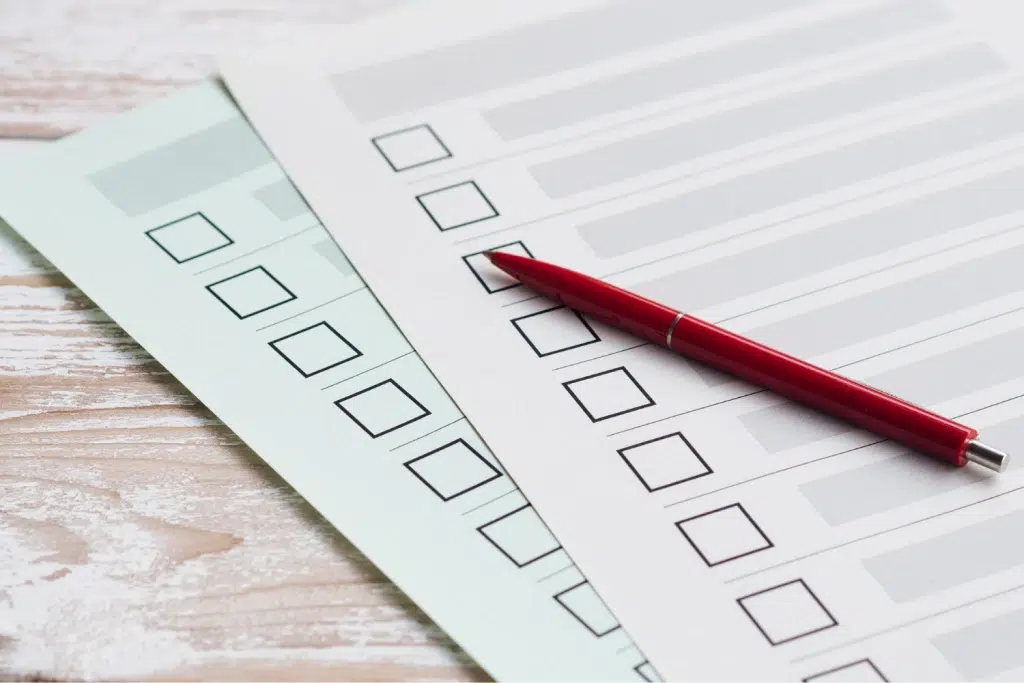
Insurance Policy Requirements
Firstly, verify your insurance policy details. Florida law mandates that vehicles have a minimum of $10,000 in Property Damage Liability (PDL) coverage. This coverage is crucial as it pays for damage to another person’s property caused by you or someone else driving your insured vehicle. Always ensure your vehicle is insured with both Personal Injury Protection (PIP) and PDL insurance at the time of vehicle registration.
Proof of Ownership and Damage
To file a claim, you must prove ownership of the damaged property. This can be established with a title, a purchase receipt, or an insurance policy. Next, document how and where the damage occurred. Detailed documentation and photos or videos of the damage are vital. Provide this evidence along with a proof of loss statement to your insurer, which should be submitted within the timeframe specified by your policy.
Time Limits for Filing Claims
Be aware of the statutory time limits for filing your claim. In Florida, the statute of limitations for property damage claims generally stands at four years, but this can vary depending on the cause of action. For instance, hurricane-related claims must be notified to the insurer within a year from the date the storm made landfall. Failing to file within these periods could result in losing your right to compensation.

By following these guidelines, you can assess your eligibility for filing a property damage claim in Florida. Remember, consulting with an experienced attorney can provide additional support and clarity throughout this process.
Steps to File a Property Damage Claim
Reporting Property Damage
Immediately after experiencing property damage, it is important to report the incident to your insurance company and any other relevant parties. If the damage occurred during a car accident, for example, Florida Statutes require reporting it to the police. Documenting the incident thoroughly is important so take photographs or videos of the damage, and if possible, obtain a copy of any police or fire reports.

Evaluating Insurance Options
Once you’ve reported the damage, assess the insurance coverage available to you. If another party is at fault, their liability insurance may cover your damages. However, if you are at fault, your own property damage liability insurance will be applicable. Review your insurance policies to understand coverage limits and exclusions, and consider whether comprehensive, collision, or uninsured motorist coverage may apply.

Claim Preparation and Filing
Prepare your claim by gathering all necessary documentation. This includes photos, videos, eyewitness accounts, and any professional estimates of the damage. Submit these along with a detailed claim form to your insurance provider. It’s important to do this promptly as delays can affect the legitimacy of your claim.

Cooperating with Insurance Investigation
After filing your claim, cooperate with your insurance company’s investigation. This may involve providing additional evidence or clarifying information. Insurance adjusters will assess the damage and may request further documentation. Maintain open communication and provide all information promptly to avoid delays in processing your claim.

Property Repair or Replacement
Once your claim is approved, you can proceed with the repairs or replacement of damaged property. Ensure that you receive authorization from your insurance company before starting any work, as unauthorized repairs may not be reimbursed. Keep receipts and documentation related to the repairs to submit for reimbursement and follow up with your insurance company.

By following these steps, you will be able to file a property damage claim in Florida. Remember, consulting with a property damage lawyer can also provide additional guidance and help protect your rights throughout the process.
Mistakes to Avoid When Filing Your Claim
Delaying the Filing Process
While the statutory limitations may provide a generous timeframe, waiting too long to file your claim can raise suspicions with insurers and potentially lead to missed internal policy deadlines. In Florida, policyholders should contact their insurance company immediately after noticing damage. If initial contact does not result in a direct conversation, insurers have a 14-day window to reach out to the claimant. Ensuring prompt filing not only adheres to policy rules but also speeds up the assessment and repair processes, crucial for mitigating further damage and securing compensation.

Inadequate Documentation
Another obstacle is failing to provide sufficient documentation to support the claim. Insurers require evidence to process claims effectively which includes photos and videos of damage, repair estimates, and receipts for any expenses incurred. Without this documentation, insurers might deny the claim or offer a settlement that does not fully cover damages. Policyholders should gather all pertinent information and submit a proof of loss statement by the deadline specified within their policy, which prompts the insurer to begin the investigation within 10 days.

Accepting the First Offer Too Quickly
Lastly, property owners should be wary of accepting the first settlement offer from insurance adjusters. Initial offers may not fully account for all damages, especially those that are not immediately apparent, such as hidden water damage or structural issues revealed during repairs. It is advisable to review the offer with a professional or a public insurance adjuster to ensure it adequately covers all damages. If discrepancies are found, policyholders have the right to negotiate or reject the offer. Remember, insurance claim settlements are negotiable, and accepting the first offer without proper evaluation can result in significantly undervalued compensation.

By avoiding these mistakes and approaching the claim process with diligence and preparation, Florida homeowners can better navigate the complexities of property damage claims.
Seeking Legal Help?
When to Contact a Property Damage Lawyer
If faced with damage, or if there’s a dispute over what caused the damage, it’s important to consider a lawyer. When claims are denied or delayed, a lawyer can help speed things up and challenge the insurance company’s decisions. In cases involving legal complexities or multiple jurisdictions, the experience of a property damage lawyer is indispensable to enhance your chances of a favorable resolution.

Benefits of Attorney Assistance
Skilled attorneys are great at negotiating with insurance companies to maximize compensation, thereby reducing stress of managing the legal process and allowing you to focus on rebuilding your property. They are also equipped to uncover evidence that shows the extent of damage or to prove that you weren’t to blame for the cause of it.

How to Choose the Right Lawyer
Choosing the right lawyer helps the success of your property damage claim. Look for a lawyer who specializes in property damage law with a proven track record of successful cases. It’s beneficial to choose someone familiar with local laws and regulations, as they can navigate local nuances better. Client testimonials and positive feedback can also indicate a lawyer’s reliability. Additionally, understanding the lawyer’s fee structure—whether they work on a contingency basis or charge hourly rates—is crucial. Ensure clear communication is established, as your lawyer should be readily available to answer your questions and keep you informed throughout the legal process.

If You Do Need An Attorney in Florida
From understanding what property damage liability is, to recognizing common types of property damage and how to effectively file a claim, we’ve journeyed through the intricacies of property damage liability in Florida. Whether you’re dealing with the aftermath of a natural disaster or the inconvenience of accidental damage, understanding your rights and the steps to take is a must.
Recognizing the value of a great attorney cannot be overstated, as it amplifies the ability to navigate complexities of insurance claims. To ensure you’re well-equipped to handle the nuances of Florida’s property damage claims, consider reaching out for a case evaluation. Taking the first step towards recovery doesn’t have to be so dragging—schedule your consultation now and navigate property damage with confidence, backed by experienced advice and support every step of the way!
Florida Property Damage Liability Claim FAQs
What does property damage liability coverage entail in Florida?
In Florida, property damage liability (PDL) coverage is mandatory, with a minimum requirement of $10,000 as set by the Department of Highway Safety and Motor Vehicles. This type of liability coverage means that if you are at fault in an accident, you are responsible for covering the costs of damage to another person’s property.
In the event of a car accident in Florida, who is responsible for covering property damage?
In Florida, the insurance company of the driver who is at fault typically pays for the property damages incurred during the accident. Additionally, if you have collision or comprehensive coverage, your own insurance policy may also cover the damages.
Who receives the PIP payments in Florida?
In Florida, Personal Injury Protection (PIP) insurance is compulsory for every owner of a registered vehicle. PIP provides up to $10,000 for medical and disability expenses for anyone injured in a car accident, regardless of who was at fault.
What is a property damage liability claim?
A property damage liability claim involves a part of your car insurance that helps pay for repairs to another person’s vehicle or property if you cause damage in an accident. This coverage does not extend to repairs for your own vehicle if you are at fault.
MAC Legal P.A. is a dedicated law firm located in Hollywood, Florida, renowned for its commitment to unlocking denied and underpaid insurance claims. With hundreds of successful cases, our firm offers free consultations and brings extensive trial experience to every legal matter, from personal injury and civil litigation to mass tort law and real estate disputes. Our team is passionate about advocacy, treating it not just as a business but as our mission.
